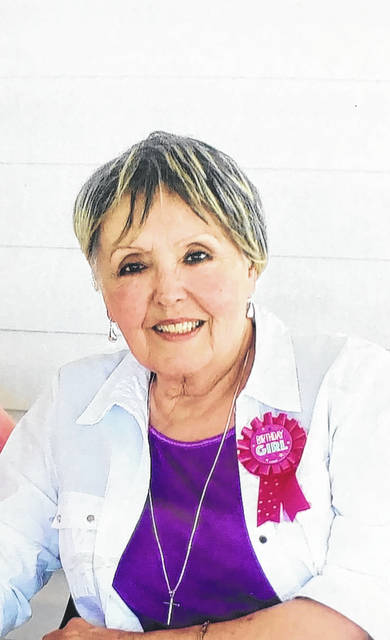The British poet Robert Browning wrote these surprising lines of verse to his adored Elizabeth Barrett, when courting her.
“Come grow old along with me; the best is yet to be, the end of life, for which the first was made.”
Already sitting on the edge of my desk seat, as I did when she read poetry, I was astonished, and I am certain I sprang up straight, when my inspiring high school English teacher, Miriam Lamb, read those lines aloud.
I remember thinking, “How can that be? Has the poet seen something the rest of us have not seen?”
Just 17 years old, I was astounded by the idea that old age, the end of life, could be the best of life, better even than youth and its vigor, its bursting good health, and a lifetime of excitedly chasing a future still out there. No elder person I had known had even hinted at such a thing. Not in my hearing.
Over the years, I rehearsed again those lines, at intervals, and wondered again at Browning’s audacious proposal. How did he know that? Could it truly be that the end of life was the best of life, and the first years were given for that very purpose? To get us there? Still a young man, how could the poet know that? His beautiful words seemed incredible, not believable, yet the promise in them haunted my heart and spirit. I hoped they were true. I longed to live long enough to discover they were true.
They are. Many decades older now, I have lived long enough now to know that they are true.
Christ Jesus is the reason why. “My richest gain I count but loss,” are equally astonishing words of faith, which Isaac Watts had composed in 1707, comparing all the diminished gains of his early years, to the inimitable riches gained in Christ. I believe Browning knew his countryman’s poem. And maybe he had sung it, too.
In my own life, my excellent health, my wonderful parents, excellent educational opportunities and caring teachers, all my comforts and every benefit, rewarding years of seminary teaching, a bonded family of loved ones and loyal companions in friendship and work; even my precious children and grandchildren and two baby great-granddaughters, penultimately, though deeply and truly loved, possess their separate great worth through the supreme blessing and ultimate gift of life in Christ Jesus.
He, my Redeemer, has granted me what I cannot, and did not, and could not, attain: spiritual riches of forgiveness, salvation, release from the bondage of my rebellion and sin, contentment and joy, and peace beyond expectation, which I did not yet know, in my earlier years of striving and achieving, stumbling and falling short, and, I confess, setting my mind on things of the flesh. I cannot, and will not, claim credit for the abiding joy I now have in abundance. Jesus makes “weller than well.” Praise the Lord! All glory to Him!
“Forbid it, Lord, that I should boast, save in the blood of Christ my God.”
Did Robert Browning also know the One who is the way, the truth, and the life, the God who is the power of a human life that becomes best in old age, more fulfilled and consciously purposeful, than it ever was in earlier years? I am inclined to believe he did.
Otherwise, realities of commonplace life experiences, like failing physical health as age advances, disappointments and losses of much of value, early opportunities scorned and forfeited, injuries of body and soul alike, deaths of beloved parents and siblings, spouses, other dear kinfolk, and companions, injustices and unmerited suffering of so many who journey alongside us, and the inevitable approach of death for us all, would surely have convinced Browning that the best did not come at the end of life.
Life eternal, starting here and now, with the resurrected savior and God our Father, through God the Holy Spirit, was then, and is now, a necessary truth, and trust, for Browning’s remarkable vision to emerge, I believe. The joy his poem expresses is of God. And it was that eternal truth and joy which captured my own young vision that day and drew me forward in Miriam Lamb’s classroom then.
Christ Jesus himself. He is truth. He is joy! What can I give in return for this vision, this truth, this joy?
“Were the whole realm of nature mine, that were a present far too small. Love so amazing, so divine, demands my soul, my life, my all.” Hallelujah! Amen!
This is my testimony. All glory to God!
Thanks be to God.
Dr. Elizabeth Barnes is a retired professor emerita of Christian Theology and Ethics at the Baptist Theological Seminary in Richmond, Virginia, and a resident of White Lake.


